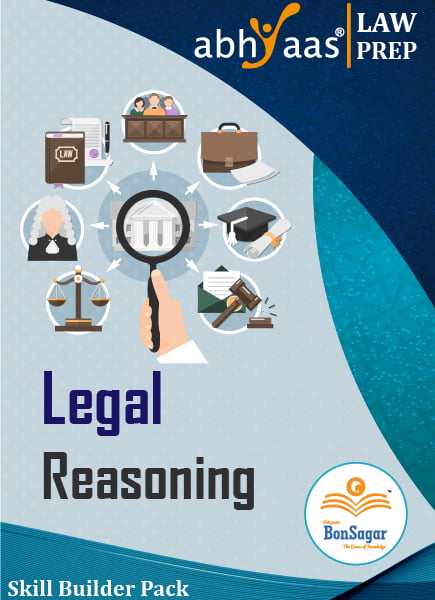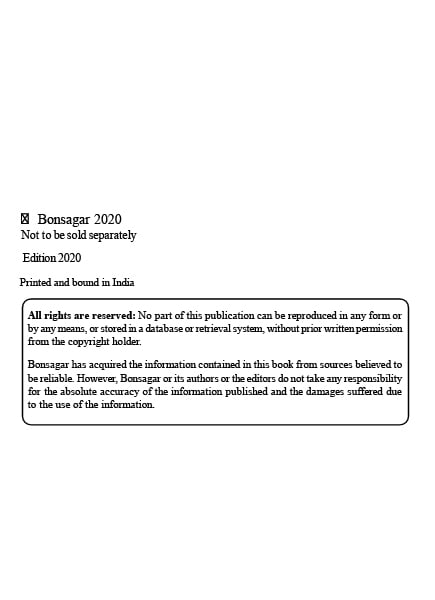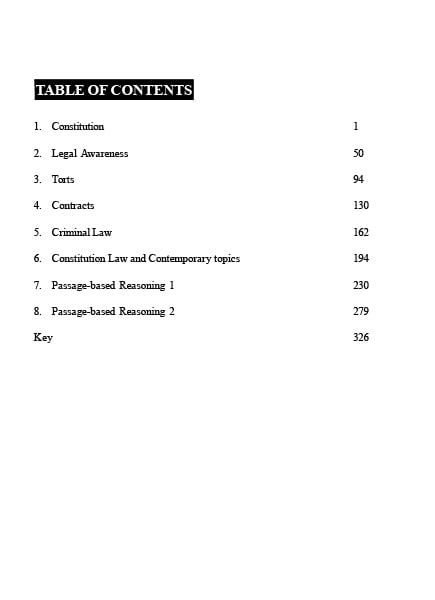The Ultimate Guide to IELTS Preparation: Tips and Techniques
The International English Language Testing System (IELTS) is one of the most widely recognized English language proficiency tests used for study, work, and migration purposes. Whether you’re aiming to study abroad or improve your English skills for career growth, preparing for the IELTS exam can be a challenge. However, with the right strategy and techniques, you can maximize your chances of achieving your desired band score. Here’s your ultimate guide to IELTS preparation with tips and techniques to help you succeed.
1. Understand the IELTS Test Format
Before diving into preparation, it’s crucial to understand the test format. The IELTS exam is divided into four sections: Listening, Reading, Writing, and Speaking. The Academic and General Training versions of the test differ in the Reading and Writing sections, but the Listening and Speaking sections are the same in both versions.
Listening: 4 sections, 40 questions (30 minutes).
Reading: 3 sections, 40 questions (60 minutes).
Writing: 2 tasks (60 minutes).
Task 1: Describe visual information (graphs, tables, etc.)
Task 2: Write an essay on a given topic.
Speaking: 3 parts, 11-14 minutes (a face-to-face interview with an examiner).
By familiarizing yourself with the structure, you can build a better study plan and focus your efforts on the areas that need improvement.
2. Set Clear Goals and Target Scores
Setting a specific target score helps in measuring your progress and staying motivated throughout your preparation. Review the band score requirements of the institutions or organizations you are applying to, and aim to meet or exceed those expectations. Most universities require a score between 6.0 and 7.5 for undergraduate and postgraduate courses, but each institution or program may have different requirements.
For example:
A Band 6 indicates a competent user of English.
A Band 7 signifies a good user of English, with only occasional errors.
Identify the areas where you need improvement (e.g., writing or speaking), and focus on strategies to boost your performance in those sections.
3. Improve Your Listening Skills
The Listening section tests your ability to understand spoken English in various contexts, from daily conversations to academic discussions. Here’s how to improve:
Practice with IELTS Listening Tests: Start by doing practice tests to familiarize yourself with the types of questions and listening formats you’ll encounter. Listen to different accents (British, Australian, American) since the test may include speakers with varied accents.
Listen Actively: Don’t just passively listen to audio clips. Actively take notes and try to capture key information like dates, names, numbers, and locations.
Use Podcasts and Audio Books: Regularly listening to podcasts, news broadcasts, and audiobooks in English will improve your ability to follow conversations and catch key details quickly.
Focus on Keywords: Practice identifying keywords that help you predict the answer. Pay attention to details like numbers, dates, and locations that are often mentioned in the audio.
4. Master the Reading Section
The Reading section requires you to read passages and answer related questions within a strict time limit. To succeed, practice the following:
Skim and Scan: Skim the passage to get a general understanding, then scan for specific details or keywords related to the questions. This saves time and helps you find answers quickly.
Practice Different Question Types: IELTS Reading includes a variety of question types, such as multiple-choice, matching headings, and true/false/not given. Practicing these question types will help you become more efficient at answering them.
Focus on Vocabulary: Having a strong vocabulary is crucial for understanding complex texts. Make it a habit to learn new words daily and understand their context. Keep a vocabulary notebook for reference.
Time Management: The time limit for Reading is tight, so allocate a certain amount of time to each passage (around 20 minutes per passage) and avoid spending too much time on difficult questions.
5. Improve Your Writing Skills
The Writing section evaluates your ability to express ideas clearly and coherently in written English. Focus on the following:
Understand the Task Requirements: For Task 1 (Academic), you’ll need to describe visual information. For Task 2, you’ll write an essay on a given topic. Be clear on what each task requires.
Plan Before You Write: Spend 5-10 minutes planning your answers, especially for Task 2. Outline your main points and ideas before writing to ensure your response is logical and organized.
Use Clear Paragraphs: Break your writing into clear paragraphs, each with a central idea. Start each paragraph with a topic sentence and provide supporting details.
Check Your Grammar and Vocabulary: Use a variety of sentence structures and vocabulary to show your language proficiency. Avoid repetitive language and use synonyms to demonstrate a wide range of vocabulary.
Practice Regularly: Write essays, reports, and summaries to improve your writing. After writing, check for mistakes, such as grammatical errors, spelling, and punctuation.
6. Prepare for the Speaking Test
The Speaking test is a face-to-face interview with an examiner, so it’s essential to practice speaking fluently and confidently. Here are some tips:
Practice Speaking English Daily: Try to speak English as much as possible, whether with friends, family, or language partners. This will help you become more comfortable with the language.
Record Yourself: Record your responses to common IELTS Speaking questions, listen to them, and analyze your performance. Pay attention to your pronunciation, fluency, and grammatical accuracy.
Expand Your Answers: Don’t just give one-word answers. For example, if asked about your hobbies, explain why you enjoy them, how long you’ve been doing them, and any related experiences.
Simulate Real Test Conditions: Practice speaking under timed conditions. The Speaking test is broken down into three parts, each requiring a different style of response:
Part 1: Personal questions (e.g., hobbies, hometown).
Part 2: Talk about a topic for 1-2 minutes after a brief preparation.
Part 3: More complex questions on abstract topics, where you are expected to elaborate on your ideas.
7. Take Mock Tests
Mock tests simulate the actual IELTS exam and help you gauge your readiness. They provide an opportunity to practice under real-time conditions, which builds your confidence and helps you manage exam pressure. After taking a mock test, review your answers and identify areas for improvement.
8. Stay Calm and Confident on Test Day
On the day of the exam, stay calm and confident. Make sure you get a good night’s sleep, have a healthy breakfast, and arrive at the test center early. Bring all necessary documents (ID, appointment confirmation) and focus on doing your best.
Conclusion
Preparing for the IELTS exam requires time, dedication, and a strategic approach. By understanding the test format, setting clear goals, practicing regularly, and following the tips provided, you can improve your skills in all sections of the exam. Keep a positive mindset, stay organized, and approach your preparation with determination. With consistent effort, you can achieve your desired band score and open the door to new opportunities in education, work, and immigration.




